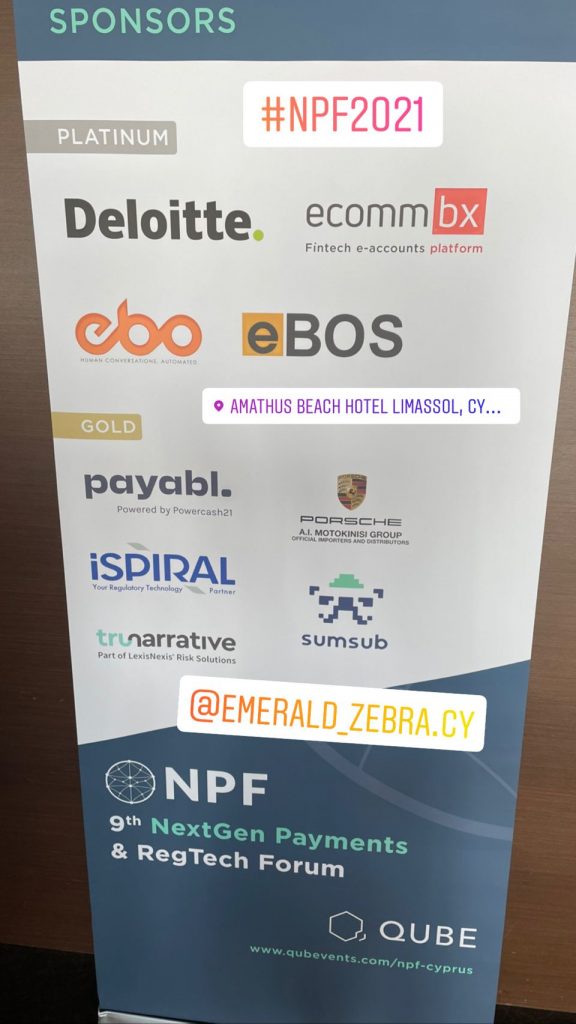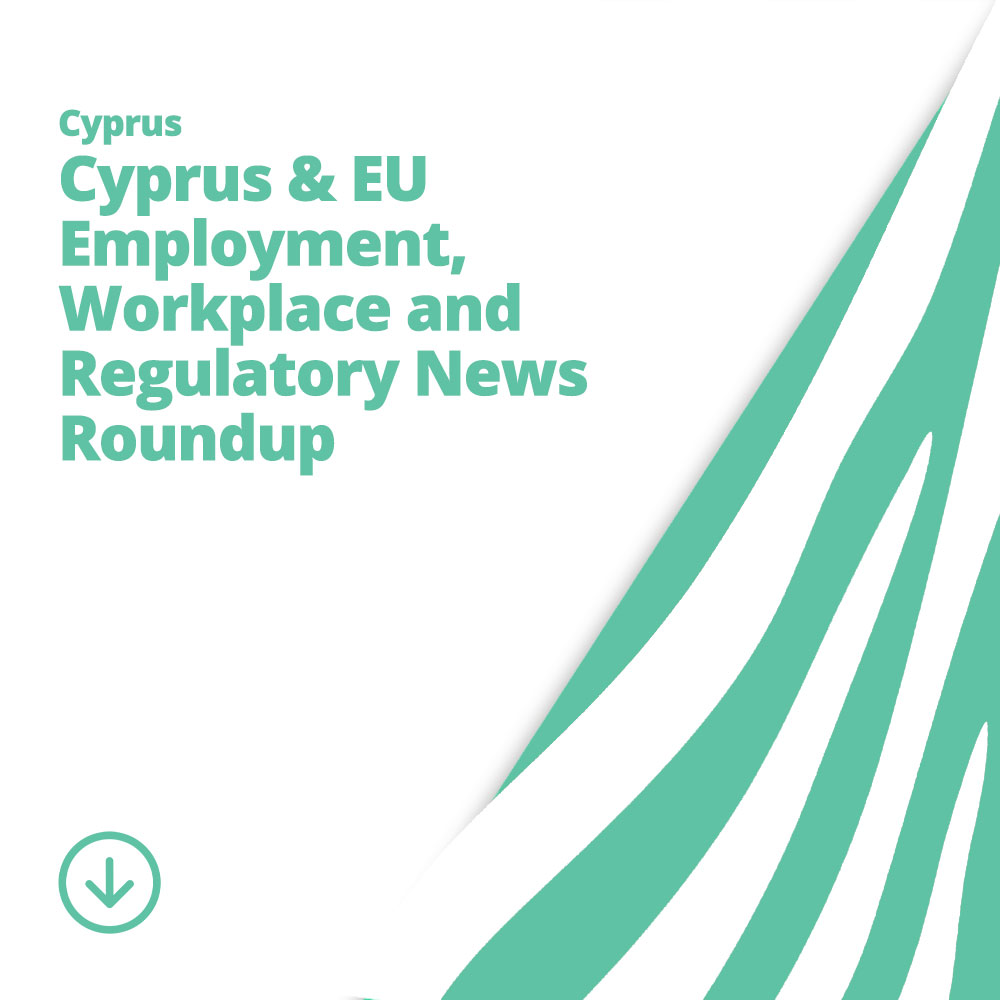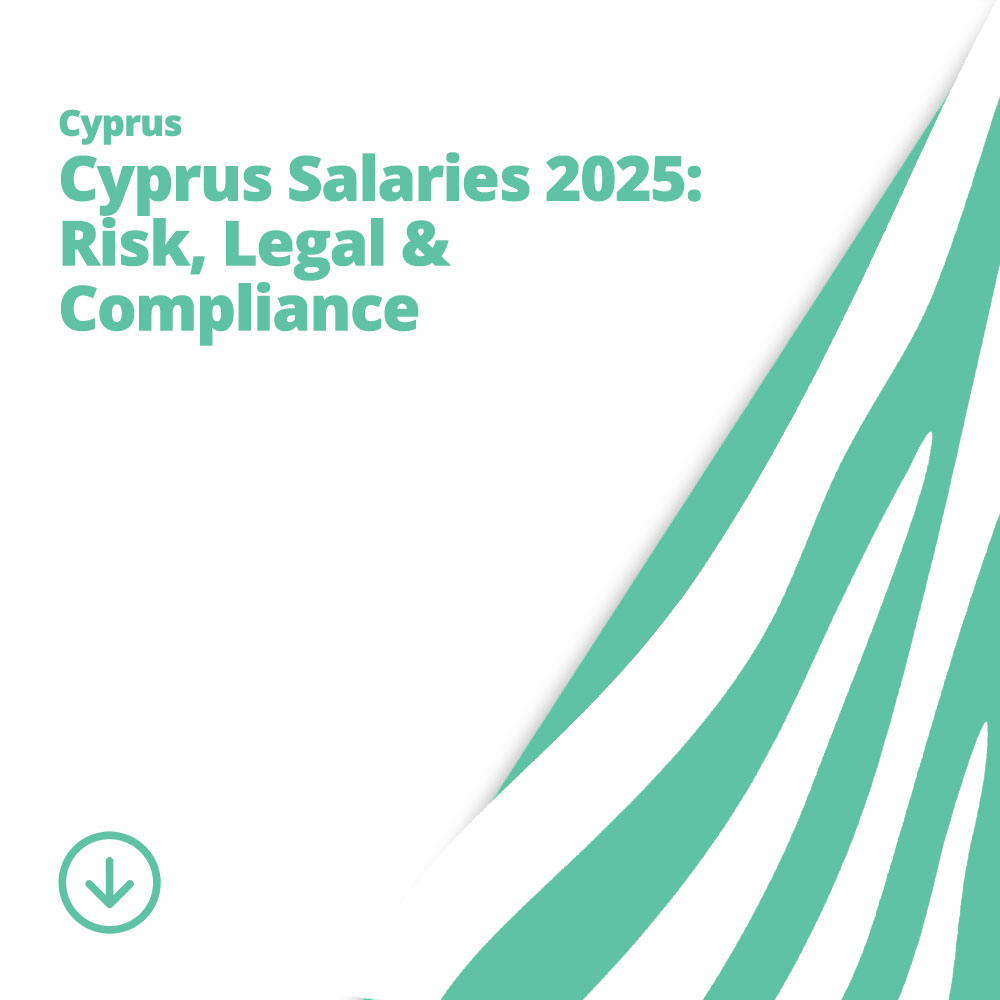I had the pleasure of attending THE 9TH NEXTGEN PAYMENTS & REGTECH FORUM 2021. Yesterday, Cyprus day 2 highlights for me were:
Keynote by Dr.Justine Scerri Herrera, Partner at MK Fintech Partners Ltd
Are Stablecoins the Future? Can the Burning Growing Interest of Regulators Disrupt this Space?’
Advantages of stablecoins and Defi (non custodial wallets, interest bearing, no counter party risk, instant settlements, financial inclusion, financial freedom) vs the traditional monetary system and capital markets (custodial, not instant, costly, high barrier to entry, inflation, monetary monopoly)!

And PANEL DISCUSSION
Payment regulations from Europe to the whole world. A very interesting discussion about the Payment challenges in financial services and specifically the regulatory compliance challenges.
Moderator: Tony Petrov Head of Legal at SumsubAnd Panellists:
Michael Christos G. Charalambides, CEO at EcommBX
Ruta Merkeviciute, Director, Financial Service and Capital Markets Supervision at Bank of Lithuania, Co-chairperson of the Standing Committee on Payment Services (SCPS) at ESMA.
Ken Coghill Director and Head of Innovation and Technology Risk Supervision at the Dubai Financial Services Authority (DFSA)
Stelios Georgakis Director, Head, Financial Market Infrastructures & Payments Department, Central Bank of CyprusDenisa Jindřichová Senior Legal Counsel at Czech National BankMatthew Osborne Payments Policy Leader at Bank of EnglandJiří Ambrož Head of Unit, Payments Regulation and Oversight at Czech National Bank
Rui Pimentel Head of Unit – Payment Systems Department at Banco de Portugal

A superb LUNCH was Sponsored by EBO.ai and Alexandros A. Patsalides (MIoD), Director EBO.

Definitely a QUBE Events to have in your calendar for 2022!



